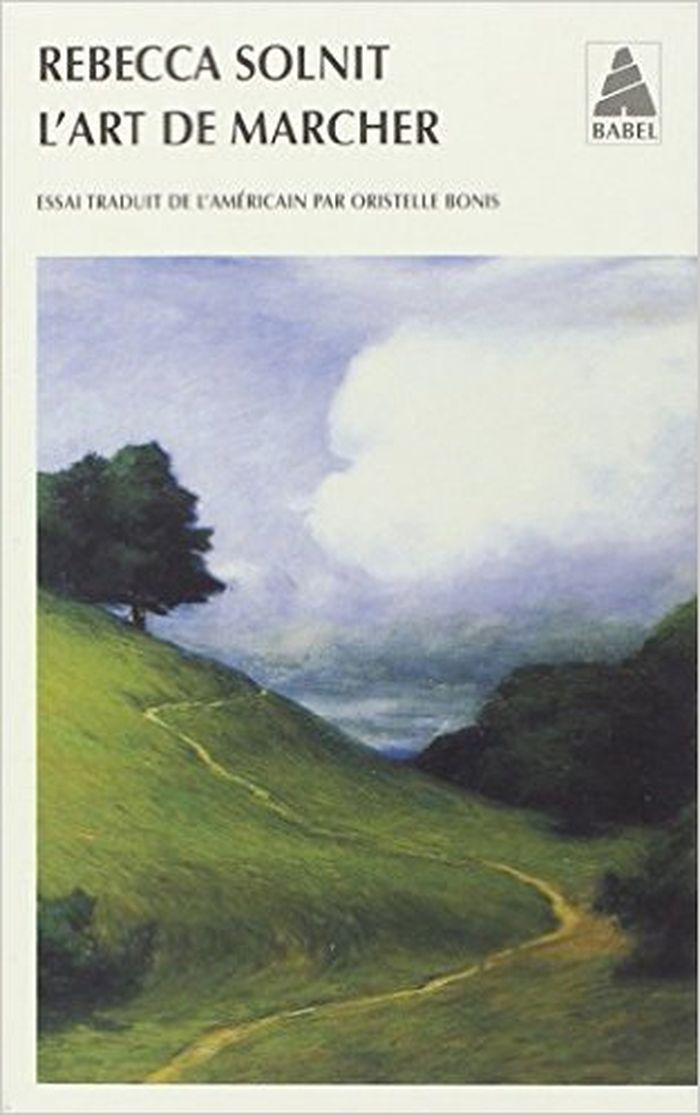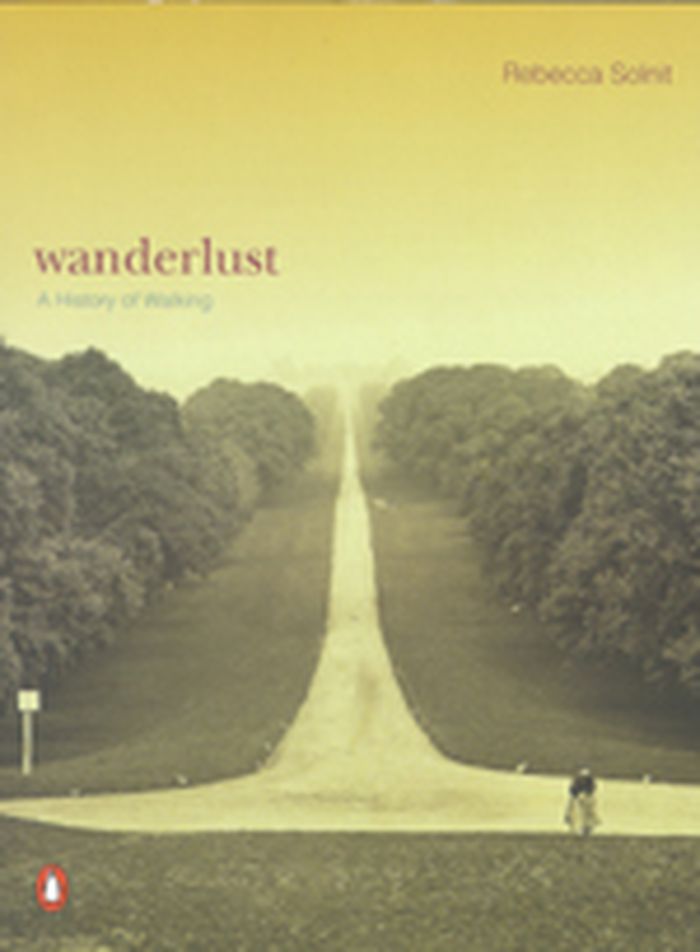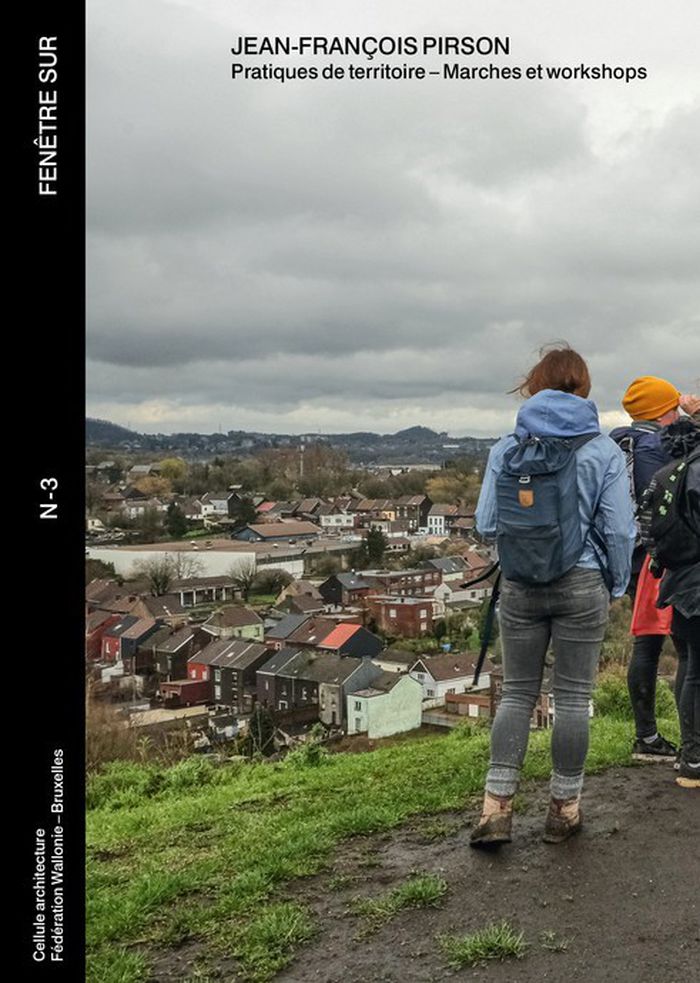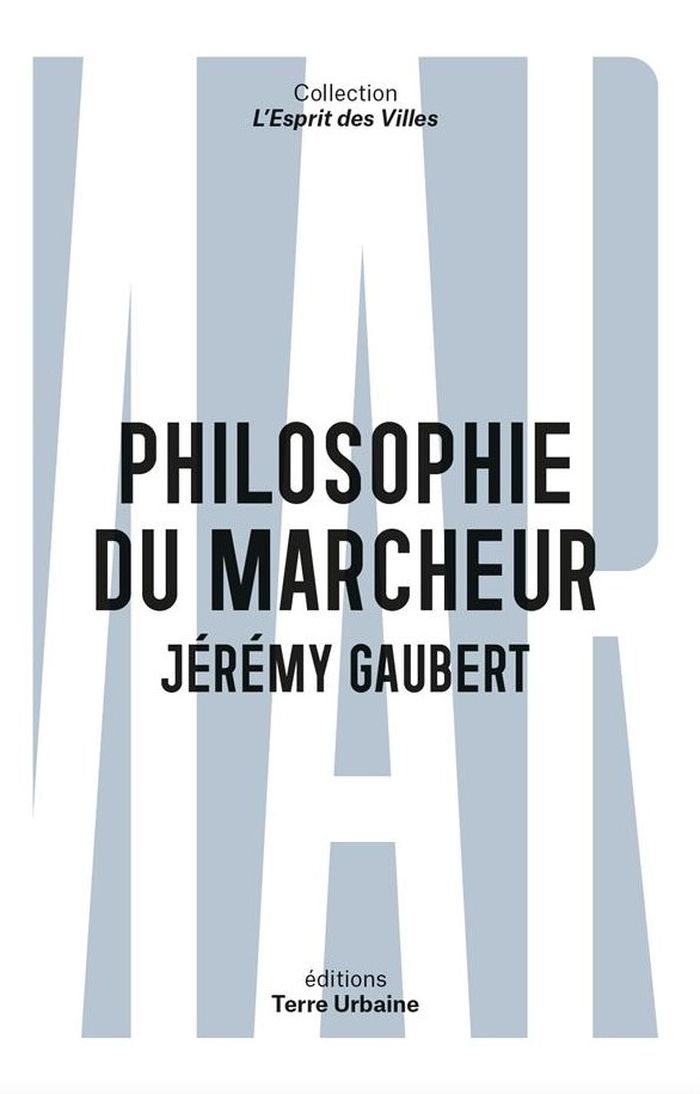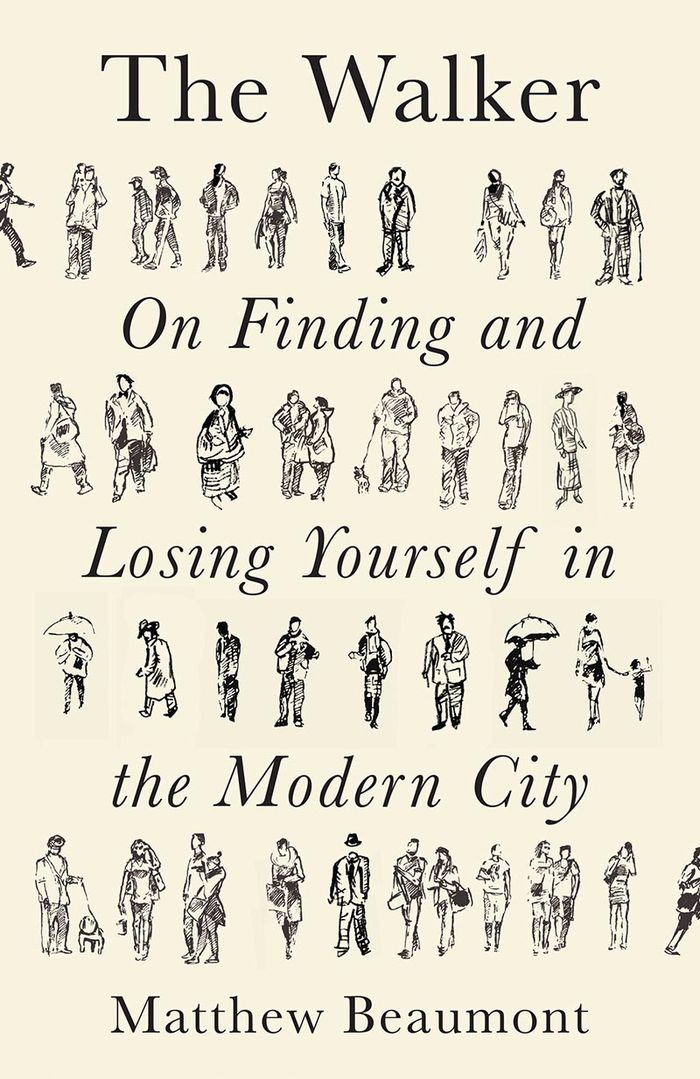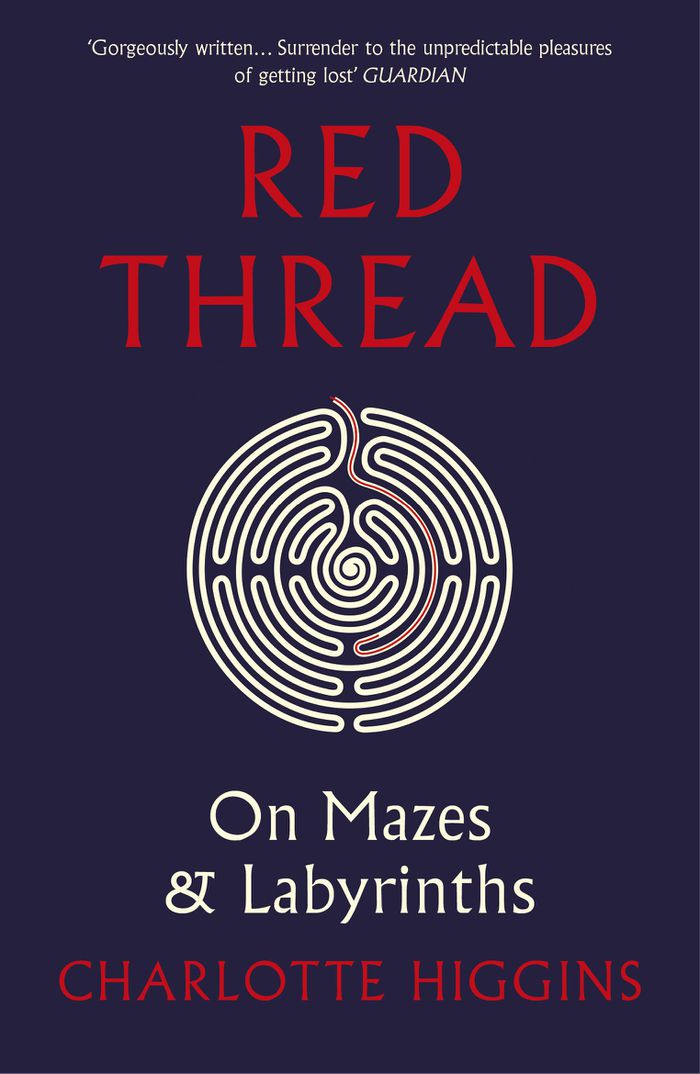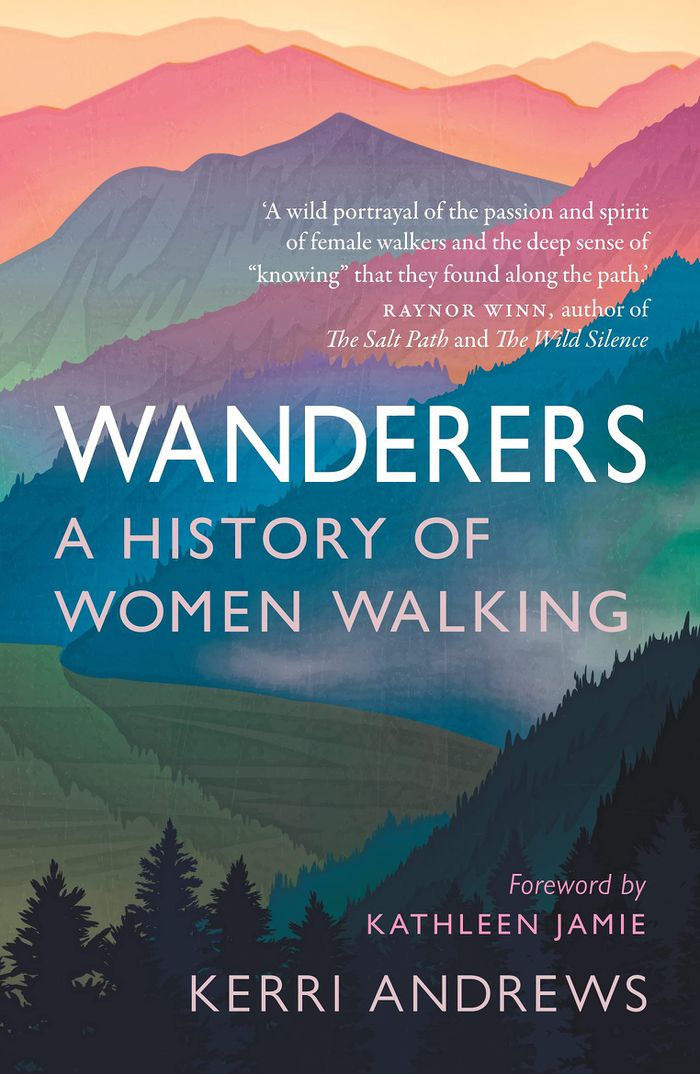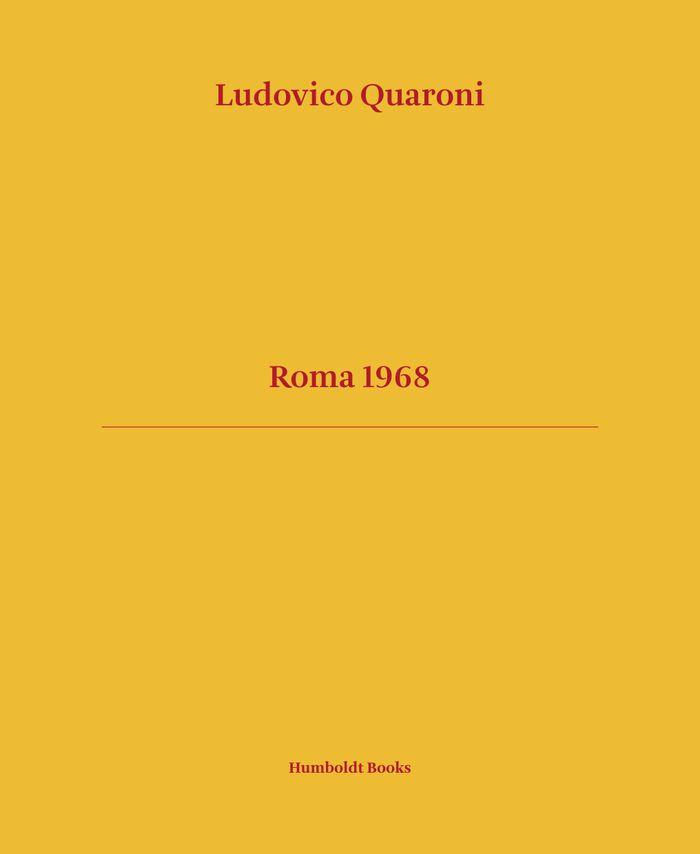L'art de marcher
$18.95
(disponible sur commande)
Résumé:
Au fil de son étude, Rebecca Solnit évoque les pèlerinages, les marches de protestation, les flâneries urbaines, les promenades propices à la réflexion des écrivains ou des philosophes, le nomadisme des comédiens et des musiciens, les voyages à pied des compagnons du devoir et différentes pérégrinations qui, parfois, constituent de véritables rites de passage. S'appuyant(...)
L'art de marcher
Actions:
Prix:
$18.95
(disponible sur commande)
Résumé:
Au fil de son étude, Rebecca Solnit évoque les pèlerinages, les marches de protestation, les flâneries urbaines, les promenades propices à la réflexion des écrivains ou des philosophes, le nomadisme des comédiens et des musiciens, les voyages à pied des compagnons du devoir et différentes pérégrinations qui, parfois, constituent de véritables rites de passage. S'appuyant sur des citations et des anecdotes, elle montre à quel point on saisit le monde à travers le corps, et le corps à travers le monde.
Trajets
$27.00
(disponible sur commande)
Résumé:
In Wanderlust: A History of Walking, Rebecca Solnit draws together many histories, of anatomical evolution and city design, of treadmills and labyriths, of walking clubs and sexual mores, to create a portrait of the range of possibilities for this most basic act. Arguing that walking as history signifies walking for pleasure and for political, aesthetic, and social(...)
Wanderlust: a history of walking
Actions:
Prix:
$27.00
(disponible sur commande)
Résumé:
In Wanderlust: A History of Walking, Rebecca Solnit draws together many histories, of anatomical evolution and city design, of treadmills and labyriths, of walking clubs and sexual mores, to create a portrait of the range of possibilities for this most basic act. Arguing that walking as history signifies walking for pleasure and for political, aesthetic, and social meaning, Solnit hones in on the walkers whose everyday and extreme acts have shaped our culture, from the peripatetic philosophers of ancient Greece to the poets of the romantic Age, from the perambulations of the Surrealists to the ascents of the mountaineers. Solnit's book finds a profound relationship between walking and thinking, walking and culture, and argues for the necessity of preserving the time and space in which to walk in an evermore automobile-dependent and accelerated world.
Trajets
$26.95
(disponible sur commande)
Résumé:
Après un premier ouvrage consacré à Jean-François Pirson et à son travail pédagogique centré sur l’espace, la Cellule architecture poursuit cette collaboration en consacrant le troisième volume de sa collection aux marches et workshops qu’il mène depuis 2010. Dans ses workshops, cet artiste-pédagogue nous invite à expérimenter un 'corps-à-corps direct avec le(...)
Jean-François Pirson : Pratiques de territoire - marches et workshops
Actions:
Prix:
$26.95
(disponible sur commande)
Résumé:
Après un premier ouvrage consacré à Jean-François Pirson et à son travail pédagogique centré sur l’espace, la Cellule architecture poursuit cette collaboration en consacrant le troisième volume de sa collection aux marches et workshops qu’il mène depuis 2010. Dans ses workshops, cet artiste-pédagogue nous invite à expérimenter un 'corps-à-corps direct avec le territoire'. Partant d’un espace à explorer prédéfini par lui, chaque participant·e est invité·e à tracer au sens propre et au sens figuré son propre chemin, 'entre le monde et soi', 'dedans – dehors'. Cet ouvrage prolonge les intentions développées dans le premier volume : ouvrir des champs ; stimuler des expériences plastiques, kinesthésiques, ludiques et humaines accessibles à tous ; les partager.
Trajets
Philosophie du marcheur
$34.95
(disponible sur commande)
Résumé:
Un voyage initiatique, où l'auteur raconte sa façon d'être au monde grâce et par la marche, de faire corps avec son environnement, questionnant tout du long notre rapport au paysage urbain.
Philosophie du marcheur
Actions:
Prix:
$34.95
(disponible sur commande)
Résumé:
Un voyage initiatique, où l'auteur raconte sa façon d'être au monde grâce et par la marche, de faire corps avec son environnement, questionnant tout du long notre rapport au paysage urbain.
Trajets
$25.95
(disponible sur commande)
Résumé:
There is no such thing as a false step. Every time we walk we are going somewhere. Especially if we are going nowhere. Moving around the modern city is not a way of getting from A to B, but of understanding who and where we are. In a series of riveting intellectual rambles, Matthew Beaumont retraces episodes in the history of the walker since the mid-nineteenth(...)
The walker: on finding and losing yourself in the modern city
Actions:
Prix:
$25.95
(disponible sur commande)
Résumé:
There is no such thing as a false step. Every time we walk we are going somewhere. Especially if we are going nowhere. Moving around the modern city is not a way of getting from A to B, but of understanding who and where we are. In a series of riveting intellectual rambles, Matthew Beaumont retraces episodes in the history of the walker since the mid-nineteenth century. From Dickens’s insomniac night rambles to restless excursions through the faceless monuments of today’s neoliberal city, the act of walking is one of self-discovery and self-escape, of disappearances and secret subversions. Pacing stride for stride alongside literary amblers and thinkers such as Edgar Allan Poe, André Breton, H. G. Wells, Virginia Woolf, Jean Rhys and Ray Bradbury, Beaumont explores the relationship between the metropolis and its pedestrian life. Through these writings, Beaumont asks: Can you get lost in a crowd? What are the consequences of using your smartphone in the street? What differentiates the nocturnal metropolis from the city of daylight? What connects walking, philosophy and the big toe? And can we save the city—or ourselves—by taking to the pavement?
Trajets
$22.99
(disponible sur commande)
Résumé:
The tale of how the hero Theseus killed the Minotaur, finding his way out of the labyrinth using Ariadne's ball of red thread, is one of the most intriguing, suggestive and persistent of all myths, and the labyrinth - the beautiful, confounding and terrifying building created for the half-man, half-bull monster - is one of the foundational symbols of human ingenuity and(...)
Red thread: On mazes and labyrinths
Actions:
Prix:
$22.99
(disponible sur commande)
Résumé:
The tale of how the hero Theseus killed the Minotaur, finding his way out of the labyrinth using Ariadne's ball of red thread, is one of the most intriguing, suggestive and persistent of all myths, and the labyrinth - the beautiful, confounding and terrifying building created for the half-man, half-bull monster - is one of the foundational symbols of human ingenuity and artistry. Charlotte Higgins, author of the Baillie Gifford-shortlisted ''Under Another Sky,'' tracks the origins of the story of the labyrinth in the poems of Homer, Catullus, Virgil and Ovid, and with them builds an ingenious edifice of her own. She follows the idea of the labyrinth through the Cretan excavations of Sir Arthur Evans, the mysterious turf labyrinths of Northern Europe, the church labyrinths of medieval French cathedrals and the hedge mazes of Renaissance gardens. Along the way, she traces the labyrinthine ideas of writers from Dante and Borges to George Eliot and Conan Doyle, and of artists from Titian and Vel zquez to Picasso and Eva Hesse. Her intricately constructed narrative asks what it is to be lost, what it is to find one's way, and what it is to travel the confusing and circuitous path of a lived life. ''Red thread'' is, above all, a winding and unpredictable route through the byways of the author's imagination - one that leads the reader on a strange and intriguing journey, full of unexpected connections and surprising pleasures.
Trajets
The adventurer's glossary
$24.95
(disponible sur commande)
Résumé:
Adventure is always escapist and often utopian, yet we find solidarity with others and Kafkaesque existential rabbit holes within the words we use to celebrate high-flying escapades. Even when adventures are small in the cosmic scope, the terminology of thrilling exploits promotes a life lived at a high pitch. This go-to glossary for the philosophical explorer delves into(...)
The adventurer's glossary
Actions:
Prix:
$24.95
(disponible sur commande)
Résumé:
Adventure is always escapist and often utopian, yet we find solidarity with others and Kafkaesque existential rabbit holes within the words we use to celebrate high-flying escapades. Even when adventures are small in the cosmic scope, the terminology of thrilling exploits promotes a life lived at a high pitch. This go-to glossary for the philosophical explorer delves into these contradictions and insights through more than five hundred terms, from A-OK to zoom.
Trajets
$27.50
(disponible sur commande)
Résumé:
This is a book about ten women over the past three hundred years who have found walking essential to their sense of themselves, as people and as writers. "Wanderers" traces their footsteps, from eighteenth-century parson’s daughter Elizabeth Carter—who desired nothing more than to be taken for a vagabond in the wilds of southern England—to modern walker-writers such as(...)
Wanderers: a history of women walking
Actions:
Prix:
$27.50
(disponible sur commande)
Résumé:
This is a book about ten women over the past three hundred years who have found walking essential to their sense of themselves, as people and as writers. "Wanderers" traces their footsteps, from eighteenth-century parson’s daughter Elizabeth Carter—who desired nothing more than to be taken for a vagabond in the wilds of southern England—to modern walker-writers such as Nan Shepherd and Cheryl Strayed. For each, walking was integral, whether it was rambling for miles across the Highlands, like Sarah Stoddart Hazlitt, or pacing novels into being, as Virginia Woolf did around Bloomsbury. Offering a beguiling view of the history of walking, Wanderers guides us through the different ways of seeing—of being—articulated by these ten pathfinding women.
Trajets
$56.95
(disponible sur commande)
Résumé:
''MigraTouriSpace'' is an artistic examination of travelling as an approach to the phenomena of migration and tourism, and of the many ways in which they overlap. Understanding that when people travel they also take with them spaces and images means that tourism no longer inevitably refers to the vacation as an exceptional state. Brought back home, the tourist’s gaze has(...)
Migratourispace: migrating spaces and tourism
Actions:
Prix:
$56.95
(disponible sur commande)
Résumé:
''MigraTouriSpace'' is an artistic examination of travelling as an approach to the phenomena of migration and tourism, and of the many ways in which they overlap. Understanding that when people travel they also take with them spaces and images means that tourism no longer inevitably refers to the vacation as an exceptional state. Brought back home, the tourist’s gaze has long operated to shape everyday life. For three years, artist Stefanie Bürkle and her interdisciplinary team travelled between Berlin and South Korea, photographing and filming. The result of this research is an atlas of images, with places such as the Vietnamese wholesale market Dong Xuan Center in Berlin Lichtenberg and the German Village, Dogil Maeul, in South Korea, that demonstrates the tension between a migration of culturally coded spatial contexts and post-touristic practices. With a preface by Martina Löw.
Trajets
Roma 1968
$36.95
(disponible sur commande)
Résumé:
There are many apparently contradictory black-and-white images of Rome that Ludovico Quaroni took around the eternal city. The baroque is to be found side by side with shacks, while the explosion of consumer society – during Italy's economic boom – does little to erase the traces of a city that seems to have come straight out of a Vittorio De Sica or Roberto Rossellini(...)
Roma 1968
Actions:
Prix:
$36.95
(disponible sur commande)
Résumé:
There are many apparently contradictory black-and-white images of Rome that Ludovico Quaroni took around the eternal city. The baroque is to be found side by side with shacks, while the explosion of consumer society – during Italy's economic boom – does little to erase the traces of a city that seems to have come straight out of a Vittorio De Sica or Roberto Rossellini film. And then there are the fountains of Rome and the banks of the Tiber, Franco Albini's Rinascente and Castel Sant'Angelo, the EUR and the Vatican, right up to the market in Piazza Vittorio and the ancient Appian Way. Layers of civilisations intertwining, and in between them, the people of Rome, seemingly indifferent to the passing of the centuries. The architect's eye brings to life an unpublished and surprising book that may also be considered – and this is the common thread—an act of love towards the city where he was born. A text by the writer Francesco Pecoraro, himself a student of Quaroni, pays homage to the great architect's Rome.
Trajets
